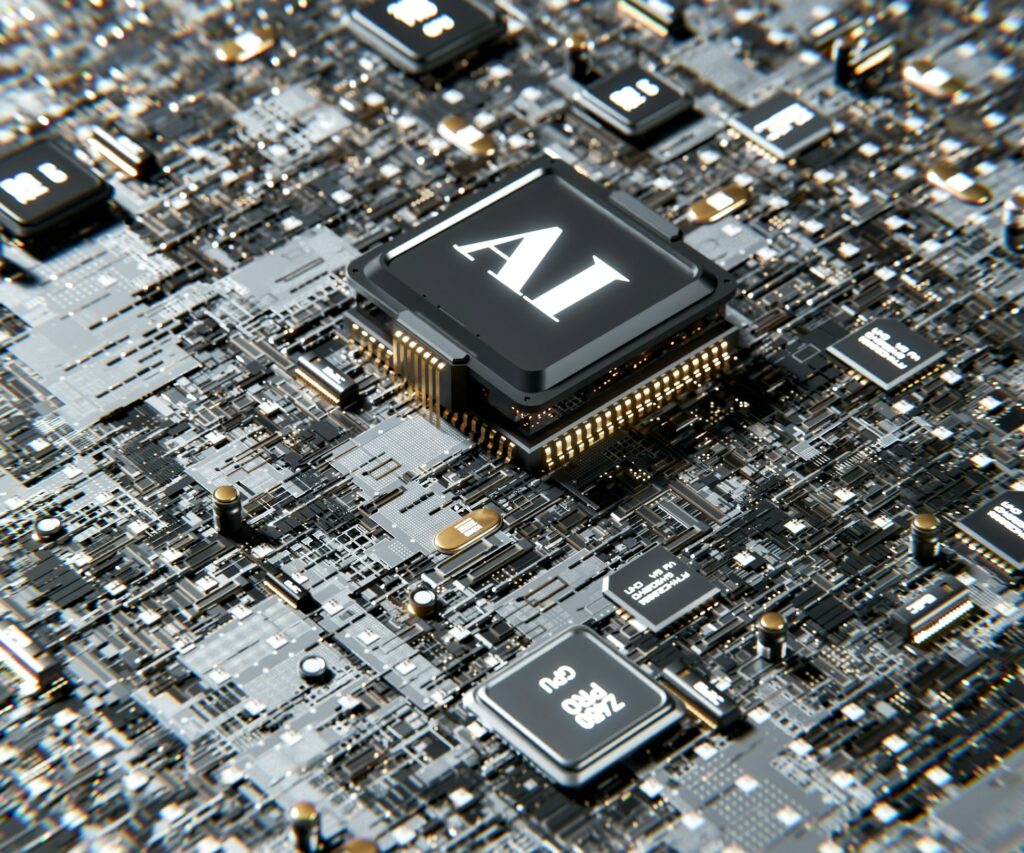Understanding Manufacturing AI

Understanding Manufacturing AI
AI is accelerating industrial transformation. AI solutions are making factories smarter, with effective production planning, equipment health monitoring, and automation.
Artificial intelligence, computer vision, and generative artificial intelligence improve quality oversight, productivity, and energy efficiency in manufacturing. AI models evaluate previous sales data to enhance demand forecasts, inventory management, and manufacturing scheduling to meet market demands. AI algorithms examine sensor and industrial data to make data-driven business choices.
AI in Manufacturing: Evolution
AI in manufacturing has advanced rapidly in recent years. Smart manufacturing uses AI, machine learning, and data analytics to enhance manufacturing operations. It was necessary to increase efficiency, lower expenses, and boost product quality. AI analyzes massive production data to help manufacturers make data-driven choices that improve operational efficiency and product uniformity. AI will rise in the industrial business, creating new chances for innovation and growth.
Key Manufacturing AI Benefits
Manufacturing using AI systems has several benefits:
Maximizing Productivity: AI systems automate tedious operations, freeing up humans to concentrate on manufacturing strategy. Machine learning algorithms can spot patterns and abnormalities that humans cannot.
AI improves quality control accuracy and dependability by using sophisticated algorithms and computer vision to reduce faults and improve product uniformity.
Predictive Maintenance: Manufacturers may reduce downtime and optimize equipment performance by incorporating AI capabilities into gear.
Waste reduction, energy efficiency, and maintenance savings from AI adoption are significant. Virtual modeling of real assets using digital twin technology helps discover and fix flaws without disturbing operations.
AI technology help manufacturing engineers make educated choices that improve factory floor productivity by providing real-time data and data-driven insights.
Process Optimization: AI systems improve industrial efficiency and production via process optimization.
Adopting AI: Challenges
The advantages of AI in manufacturing are evident, but the path is not without challenges. Manufacturing companies face many challenges:
Legacy Systems: Many factories use obsolete infrastructure that doesn’t support modern technology. This makes integrating AI into industrial processes difficult.
Data Collection and Quality: Successful AI application requires relevant data. Manufacturing companies struggle to acquire and analyze high-quality data.
Workforce Transition: Human workers must adjust to new jobs and interact with AI systems on the shop floor when AI technologies are introduced.
early Investment Costs: AI technologies promise long-term cost-effectiveness, yet some firms struggle to afford the early investment.
Cybersecurity: Manufacturing AI systems must be secured to safeguard sensitive data and operations. Cybersecurity must be applied to prevent attacks and weaknesses.







